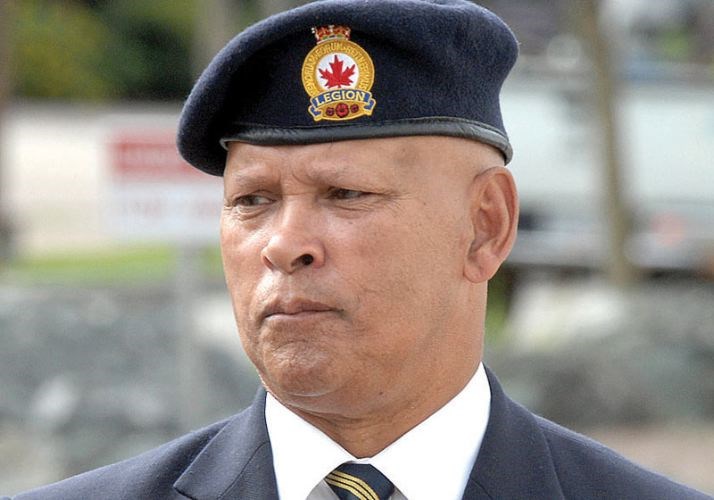Royal Canadian Legion Branch #43 president Bruce Gabriel is skeptical the cash infusion the federal government has committed to supporting the mental health needs of military members will have much impact in this region.
On Sunday, Veterans Affairs Minister Julian Fantino announced $200 million over six years, much of which is to expand the department's system of operational stress injury clinics, where soldiers can get a formal diagnosis. But Gabriel said the nearest clinic will be located in Kelowna.
He said Ottawa needs to follow up by reopening a Veterans Affairs office in Prince George.
While Legion members try to help veterans who come through its doors, Gabriel said they're only volunteers and can't devote the time a full-time case manager can provide to what can be complex cases.
"It's not like going to Service Canada and going on a computer," Gabriel said. "I've helped veterans whose sight and hearing is not that great so you've got to be one on one with them."
Once located in the Bank of Nova Scotia building, the Veterans Affairs office in Prince George was closed down in 2012 as part of budget cuts.
Greg Matters, the veteran who was suffering from post-traumatic stress disorder when he was shot and killed in September 2010 by an RCMP emergency response team member, was not a Legion member, Gabriel noted.
"At least I didn't know anything about him until the day after he was killed," Gabriel said.
Fantino's announcement appeared to be both in answer to the controversy over news the department had accumulated $1.1 billion in unused funding over seven years and a preemptive strike against a scathing report, released Tuesday, from auditor general Michael Ferguson.
He found that many of Canada's battle-scarred veterans wait up to eight months to find out if they are eligible for long-term, mental-health disability benefits and the department responsible for their care has no idea if its treatment programs are effective.
"One of the saddest parts is right now, our veterans are being treated horribly and then on Remembrance Day, from the Prime Minister on down, they've got the nerve to say we live in the greatest country in the world," Gabriel said.
In an e-mail from Australia, Matters' sister, Tracey, said it took her brother two years to get the support he needed from the operational stress clinic in Vancouver and only after she contacted the clinic.
"There was no assistance from the government," she said.
Her brother had been living with their mother in Pineview and was receiving a pension of $123 per month. Ironically, on the day Matters died, Veterans Affairs had called his home to let him know his claim for back injuries and PTSD was finally approved although the extent of his disabilities still had to be assessed before a benefit amount could be determined.
"Veterans need easier and faster access to services and benefits and the public needs assurance that these are being delivered effectively," Tracey Matters said.
Fantino has said claims that the unused funds were a strategy to balance the budget are false.
"The funding is allocated and if it's not spent it's recycled back into continuing programs and services for veterans. It's not lost money," said Fantino.
- with files from Canadian Press



